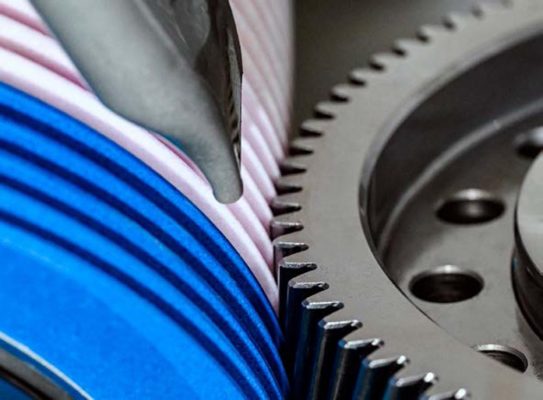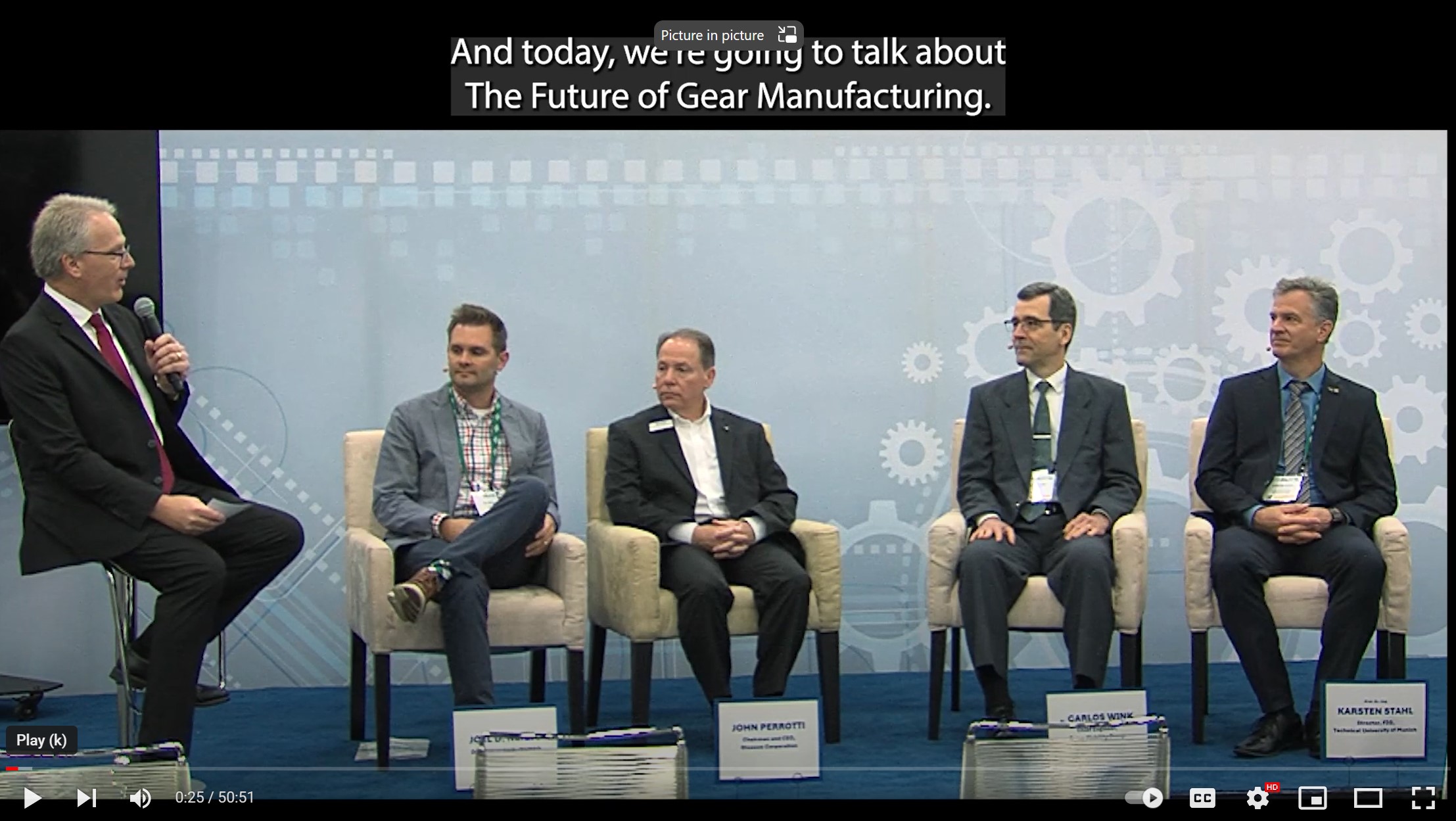Articles by Walter Graf
The goal is to optimize processes further and extend tool life to meet increasingly higher quality standards while reducing production costs
Read More
ARGUS “Swarm-Based” Gear Grinding Expertise
A process and machine component monitoring system
Read More
Making Gear Grinding Transparent
A process monitoring system brings definition to the undefined









